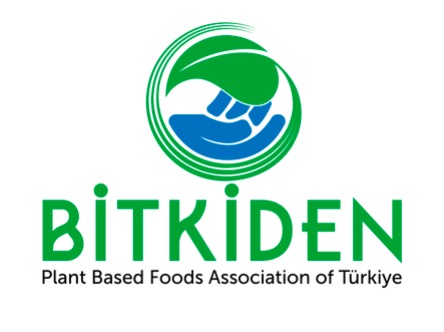I am Ebru Akdağ, President of BİTKİDEN and Member of the Board of Directors of the Istanbul Branch of Food Engineers. I am also a doctoral candidate in communication, fully aware of the critical role of accurate communication in the fields of food, nutrition, and gastronomy. I am delighted to join the Food Digitale family, one of the finest examples of quality communication in this field. I look forward to meeting you every month in my column, where I will address topics such as food myths, food safety, gastronomy trends, and sustainability.
Today, there are 783 million hungry people in the world; on the other hand, nearly 2 billion people are overweight. Every year, we waste one-third of the total food produced; 1.26 billion people could be fed with the food that is lost and wasted. Food waste is responsible not only for losses but also for contributing to greenhouse gas emissions.
While millions of people around the world go hungry, one-third of all food is wasted. What’s more, food waste is also fuelling the climate crisis. If food waste were a country, it would rank third in greenhouse gas emissions after the US and China! The critical question is: how will we feed a population that will reach nearly 10 billion by 2050 without expanding the agricultural land we currently use to prevent deforestation and at the same time reducing agricultural greenhouse gas emissions? The answer lies in transforming food systems through science and technology leadership, social awareness and behavioural change. According to the Intergovernmental Panel on Climate Change (IPCC) report, shifting diets towards more plant-based foods could play a critical role in combating climate change. Plant-based foods are already at the heart of our culinary culture.
For example, we probably made the first plant-based meatballs: lentil meatballs. In fact, the first hybrid ready-made soup was also our invention: tarhana. When looking at new trends, it is necessary to talk about innovative new products without breaking away from tradition. The important thing is to manage this transformation consciously and sustainably. Plant-based foods and the flexitarian diet stand before us as one of the most powerful solutions that benefit both human health and the environment. Ultimately, we all have a responsibility in this sustainable transformation towards the future. With less waste, more plant-based consumption, and sustainable farming practices, we can carry both our planet and ourselves towards a better future.
https://www.foodsdigitale.com/yazarlar/gelece%C4%9Fe-d%C3%B6n%C3%BC%C5%9F

